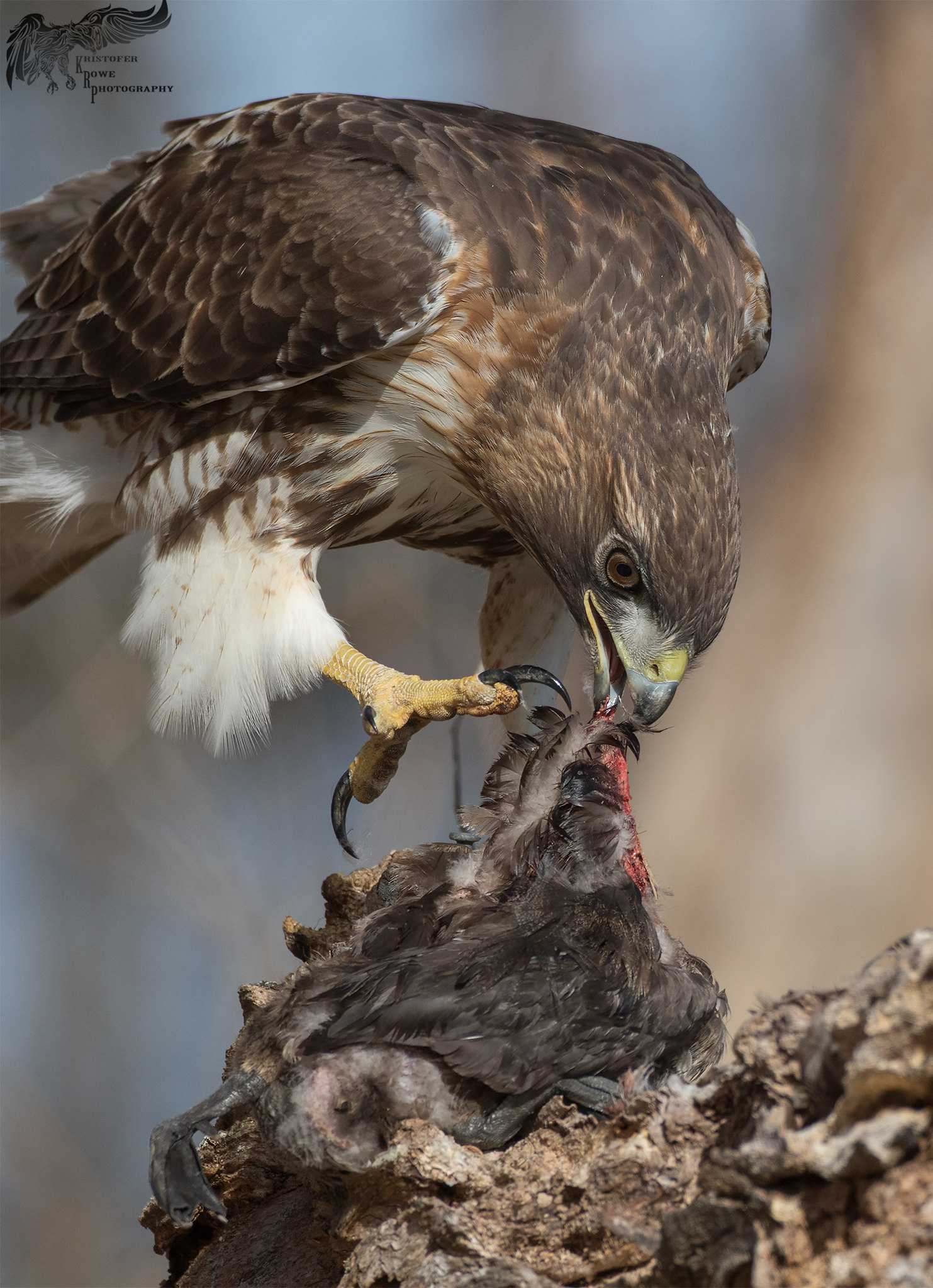Really?? that's your thinking? ok i'll take the shittier APS-C camera for $1200.00 even tho i could have a much better full frame camera..
Yeah ok.. Ok, so lets say some one who is in the market for a canon Camera but doesn't want full frame.
Yup, that is really my thinking, but what do I know, I only photograph birds. Let's see, when I still shot Nikon I had a D7100 and a D800 and guess what, as much as I loved the D800, I sold it because it offered no advantages to me over a D7100. I have also shot with a D600/D610, sorry to say crop sensors are better for me. Oh and a D3s, D7200, D300 D7200, etc
Ok so you buy the 70D for half the price and your getting basically the same camera the only difference is the 80D has 4 more Megapixels and better AF performance, oh goody ....
Maybe at the time some one might not want the full frame camera but if he / she really gets into photography and enjoys it and wants to take it a step further they would need to upgrade to a full frame sensor, which again is going to cost money, Why not pay the $1200.00 and get a full frame sensor even tho your not going to take advantage if it right away you will want to later on.
It's not a smart way to spend your money buying the Canon 80D, when you can get a full frame sensor Camera, period.
The smart move to take your photography forward would be better glass. You are also comparing an end of life product which was essentially announced in Sept 2012, granted they slapped that "10" on there a year later, but essentially the same camera. The 80D hasn't even been tested yet and Canon has moved to a new chip with ADC which could possibly increase DR very close to that of Nikon.
first off 4 more megapixels is not going to justify paying $600.00 more for the camera for 4 more megapixels is not going to be that much of a difference.
Many People believe image quality is all about megapixels but that is not true, at all....
You shouldn’t ignore megapixel counts entirely, Many people confuse high megapixel counts with indicators of how good a camera’s image quality will be, but in reality it’s simply a measure of how large you can view, resize, or print an image without seeing a noticeable decrease in resolution. Megapixels translate to image size, not image quality..
The sensor in a DLSR is the equivalent of what used to be film in a 35mm camera. The senor is exposed to the available light when you click your shutter speed.
It and other components capture and store this data. Because it's the sensor that's capturing and storing your images, this is the most important spec you'll want to consider.
I personally could care less about MP. If the sensor was the most important thing, no one would be shooting Canon any longer as Nikon/Sony sensors smoke Canon. Personally I only see the camera as a tool that is part of a system. Things like lens selection, build quality, AF, ergonomics and speed have to all be looked at equally, in my humble opinion.
The Nikon D610 is the larger full frame sensor, the Canon 80D is the smaller cropped sensor. which means the Nikon D610 will always produce better image quality then the Canon 80D
Not if the D610 misses your subject.
While smaller sensors struggle with capturing enough light, larger sensors are able to accommodate lower light situations.
Another advantage is having better control of depth of field.
With a larger sensor, you can more readily render an out-of-focus background behind your subject. APS-C sensors, however,
have one common disadvantage, and that's crop factor. Crop factor refers to how a lens is magnified when attached to APS-C-based cameras.
For example, if you use a 28mm lens, it would be magnified to look like a 45mm lens. In other words,
subjects are zoomed in a little bit more. While this isn't such a big deal, you should be aware of it,
especially if you're a landscape photographer who takes a lot of wide images.
While a good 28mm lens would look wide enough on a 35mm film or full frame camera,
it might be insufficient on a DSLR with an APS-C sensor.
where the Nikon D610 is the same exact megapixels as the Canon 80D, the Nikon will still produce higher quality images, because the sensor is almost twice the size.
But not quite
You have done very good here spewing the Nikon mantra of you must shoot full frame. The questions you should really be asking is how dare Nikon release a $2000 D500 when you can but a D750 for less, or even a D610 for half the price. Or perhaps why is Canon releasing the 80D at the same price as the 7DM2? Personally I think the crop factor is an advantage. So just remember before you stand up on that soap box, not everyone shoots the same way as you. Maybe some people can't afford full frame lenses so crop works better for them. Maybe people like me have a 500 F4 and don't want to slap an extender on it so you can get the same field of view as crop camera. Peace
 George Jr with Ruddy Duck 3_13 1 by Kristofer Rowe, on Flickr
George Jr with Ruddy Duck 3_13 1 by Kristofer Rowe, on Flickr



![[No title]](/data/xfmg/thumbnail/32/32813-9ade0851a7432024734a0c95c03e37d0.jpg?1734162500)
![[No title]](/data/xfmg/thumbnail/41/41493-60071420f928565170996b4edc3de2f0.jpg?1734175887)

![[No title]](/data/xfmg/thumbnail/42/42253-fef7e43227f484b1a95dd6d85c03bd40.jpg?1734176623)




